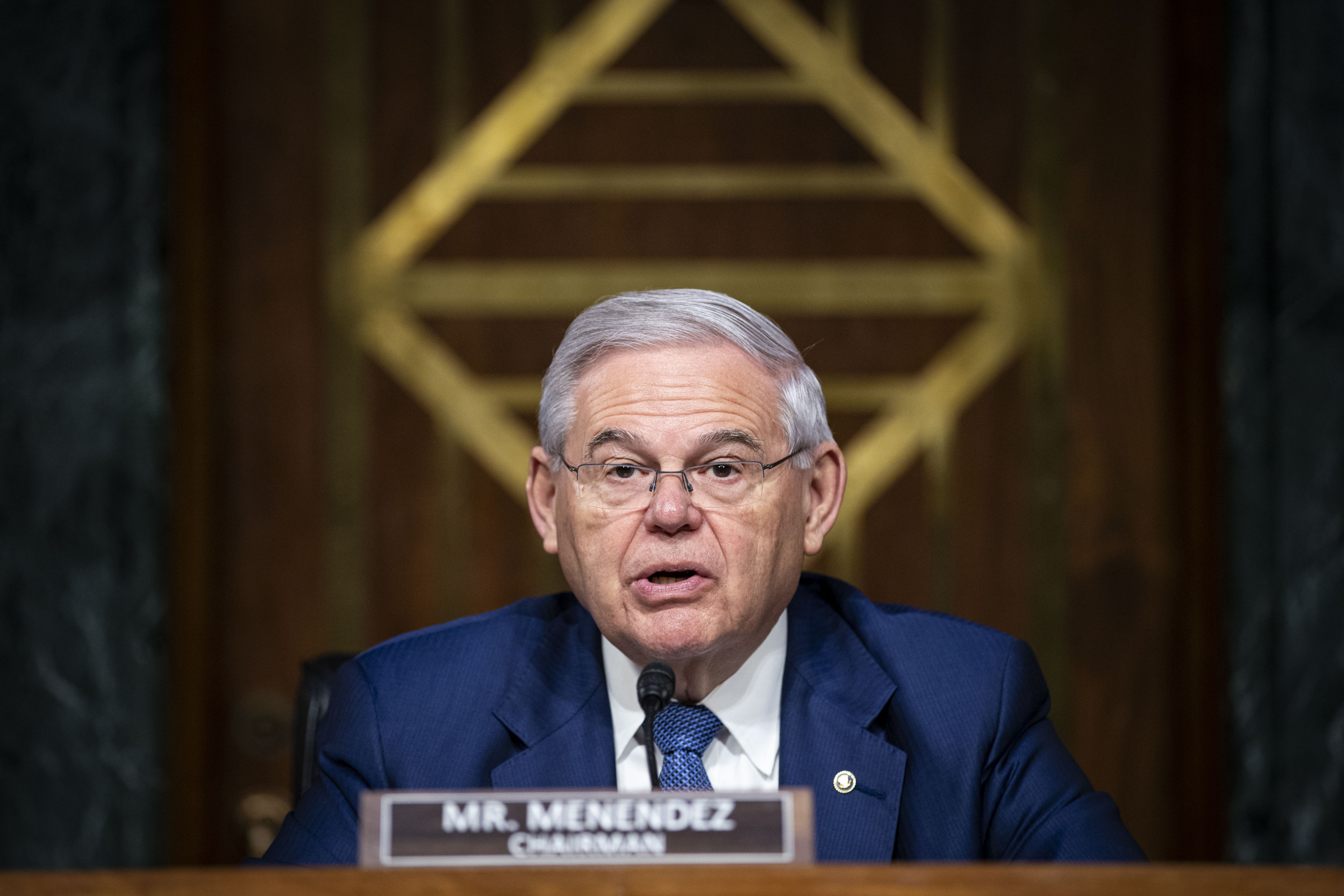The Pacific island country of Nauru announced Monday it was severing diplomatic ties with Taiwan in favor of the People's Republic of China, just two days after Taiwan's electorate defied Beijing in its presidential election by handing the ruling Democratic Progressive Party (DPP) a third successive term.
The loss of Nauru leaves Taiwan, whose official name is the Republic of China, with only a dozen official allies, most of them small, low-income countries in Latin America, the Caribbean and Oceania.
Taipei has accused the world's second largest economy of poaching its allies. Nauru is the second to cut ties with the self-ruled island in a year, following Honduras' announcement last March, and is the 10th to do so during the administration of the DPP's President Tsai Ing-wen.
Nauruan President David Adeang delivered the news in a national address uploaded to social media on Monday.

"In the best interests of the Republic and people of Nauru, we will be moving to the one-China principle that is in line with UN Resolution 2758," the Oceanic nation's government said in a separate statement, pointing out this meant Nauru was severing ties with Taiwan and would "no longer develop any official relations or official exchanges" with it.
"Our government remains focused on moving Nauru forward and this policy change is a significant first step in moving forward with Nauru's development," it added.
Both Beijing and Taipei require prospective diplomatic partners to terminate their relationship with the other as a precondition for official ties.
In response to Nauru's move on Monday, Taiwan's Presidential Office announced it was ending diplomatic relations "effective immediately."
Spokesperson Olivia Lin said in a statement that the partnership had benefitted the Oceanic country's population of 12,500 people and "overall development." She expressed deep regret that "Nauru has, under the inducement of Beijing, made an incorrect decision" that benefits neither it nor stability in the region.
"As the world congratulates Taiwan on its successful election, the Beijing authorities have utilized this moment to exert diplomatic pressure as a repudiation against democratic values and a brazen challenge to the order and stability of the international community," the statement read.
Newsweek contacted President Adeang's office with a written request for comment.
The announcement by Nauru came just two days after Taiwan elected Vice President Lai Ching-te of the pro-sovereignty DPP, whom China had labeled a "destroyer of peace," in defiance of repeated threats by Beijing.
"While the Government of Nauru's action on January 15 to sever its diplomatic relationship with Taiwan is a sovereign decision, it is nonetheless a disappointing one," U.S. State Department spokesperson Matthew Miller said in a statement released Monday night.
"Taiwan is a reliable, likeminded, and democratic partner. The PRC often makes promises in exchange for diplomatic relations that ultimately remain unfulfilled," he said.
He added the U.S. would "deepen and expand our engagement with Taiwan" and encouraged other nations to do the same.
China had framed the electoral contest as a choice between war and peace.
China effectively froze out communications with Taiwan's DPP-led government with the inauguration of President Tsai in 2016 and has resisted Taipei's efforts to resume dialogue across the Taiwan Strait.
China claims Taiwan as its territory and says unification with it inevitable, by means of force if necessary. In recent years Beijing has been ramping up its military activities near the midline of the 100-mile Taiwan Strait.
In the lead-up to the latest election, China made clear it preferred anyone to four more years of DPP rule, and Lai was likely seen as particularly threatening because of comments he made in favor of Taiwan independence during his tenure as mayor of the southern city of Tainan.
Meanwhile, China's Foreign Ministry put out its own statement hailing Nauru's choice.
"The Nauru Government's decision to resume diplomatic relations with China has once again fully demonstrated that the one-China principle is the aspiration of the people and the trend of the times," it said.
Nauru had previously cut ties with Taiwan in favor of China in 2002. Three years later, it reestablished ties with Taipei under a new administration.
The U.S. has not officially recognized Taiwan since 1979, when it switched allegiances to Beijing. Washington's intentionally ambiguous one-China policy acknowledges, but does not recognize, Beijing's claim of sovereignty over Taiwan.
However, the U.S. maintains a strong, unofficial diplomatic presence in Taiwan and is its main arms supplier. Two former U.S. officials and a representative of the U.S. de facto embassy are in Taiwan on a visit to signal American support following the election.
Update 1/16/24, 11:06 p.m. ET: This story has been updated to include a statement from U.S. State Department spokesperson Matthew Miller.
Uncommon Knowledge
Newsweek is committed to challenging conventional wisdom and finding connections in the search for common ground.
Newsweek is committed to challenging conventional wisdom and finding connections in the search for common ground.
About the writer
Micah McCartney is a reporter for Newsweek based in Taipei, Taiwan. He covers U.S.-China relations, East Asian and Southeast Asian ... Read more
To read how Newsweek uses AI as a newsroom tool, Click here.





